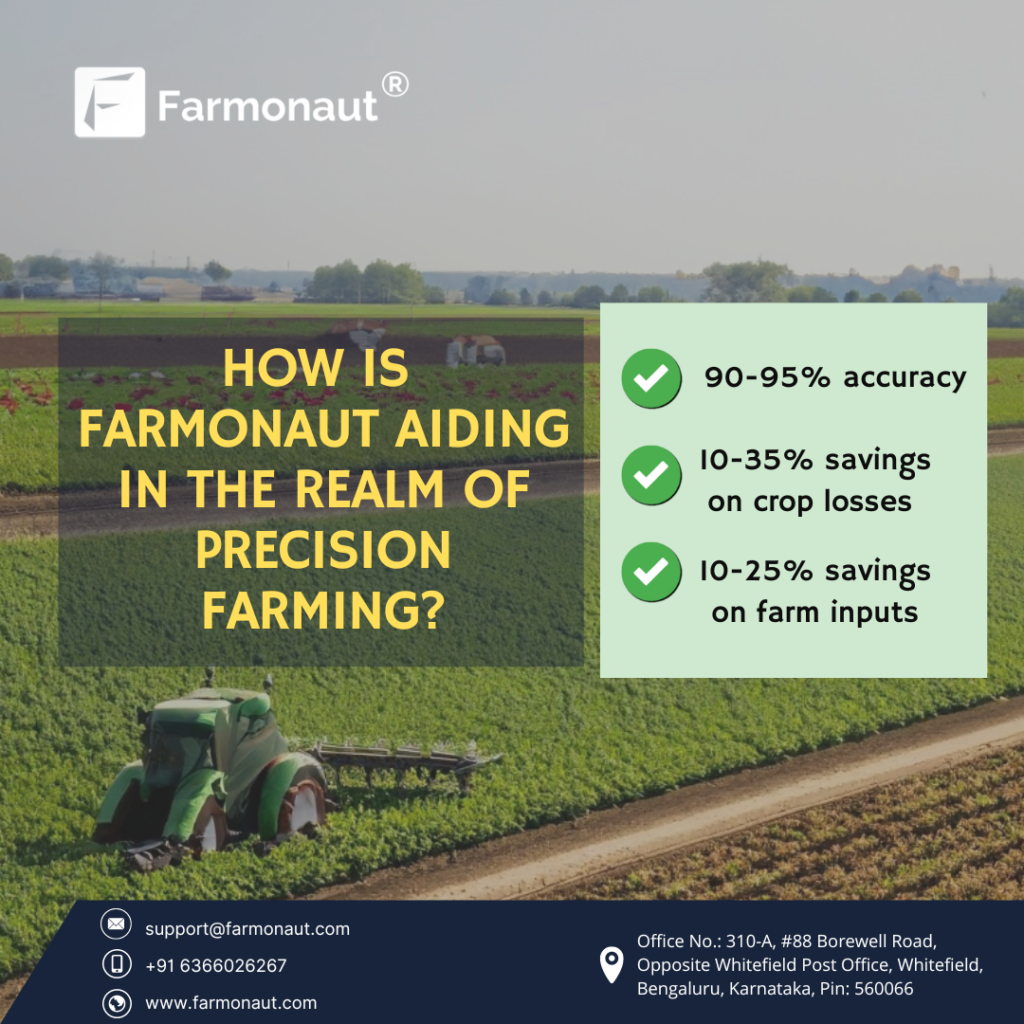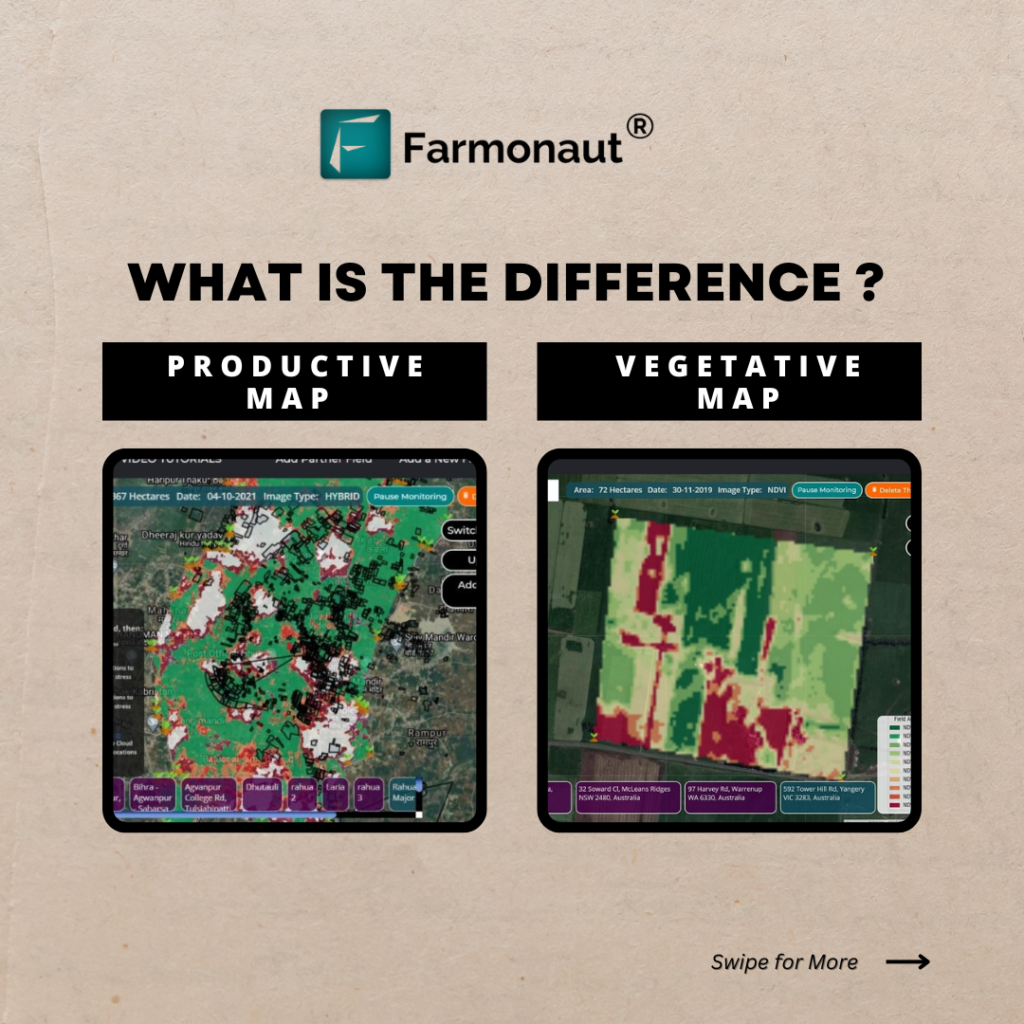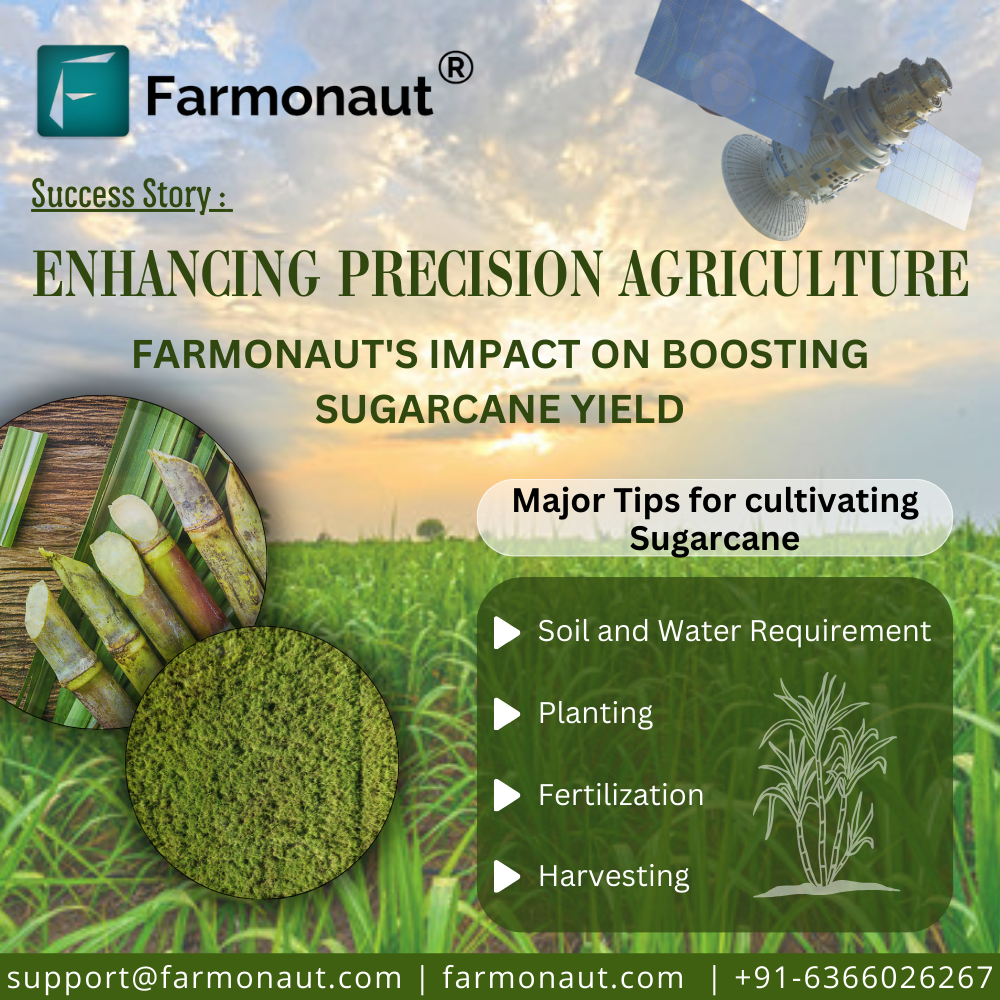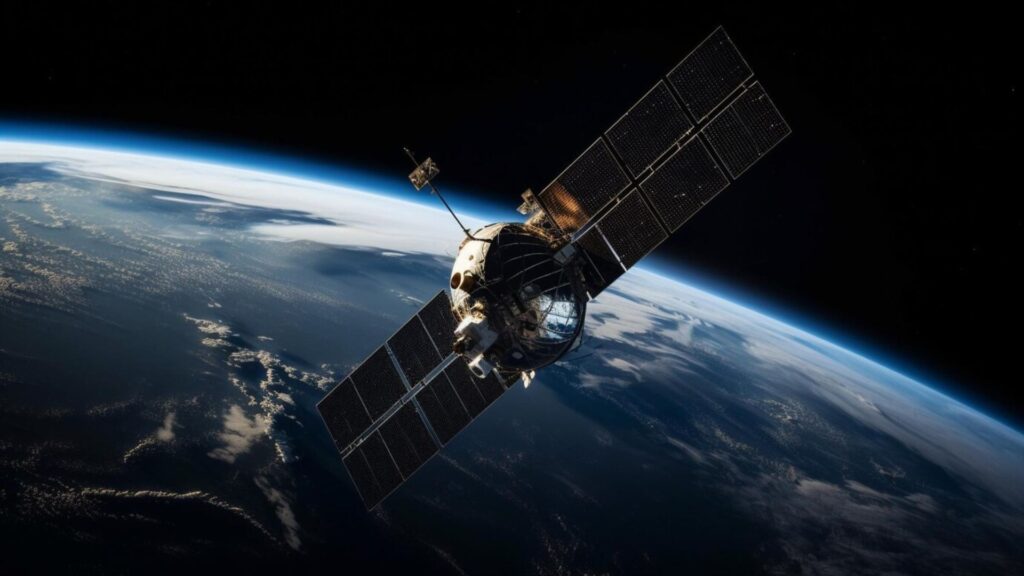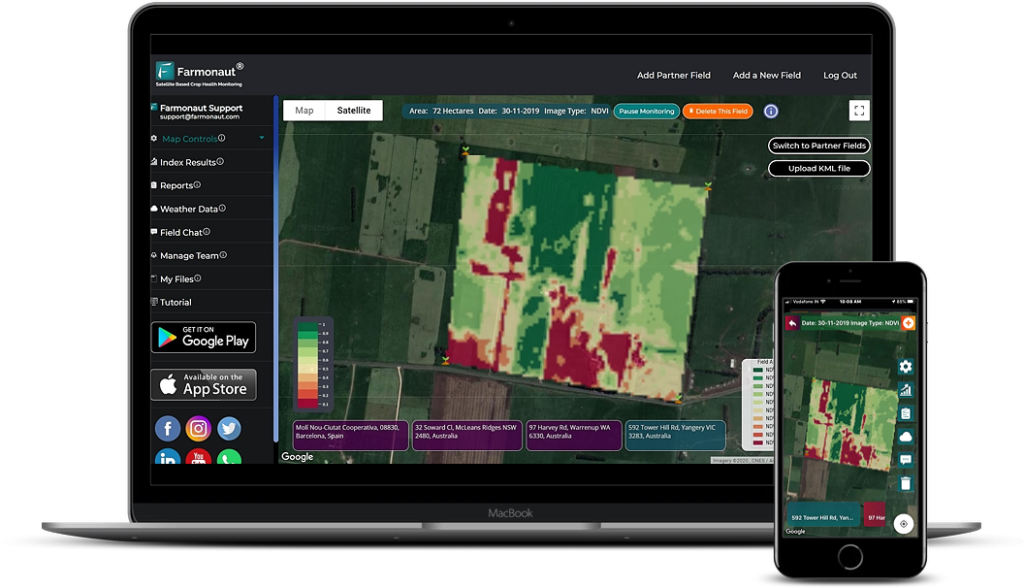
The Importance of Standardized Traceability in the US Food Supply Chain
Introduction: A Bold Claim on Traceability
Picture this: You’re at your favorite grocery store, picking up fresh produce and packaged goods, trusting that everything you buy is safe to eat. But what if we told you that a major flaw in the US food supply chain could be putting that trust at risk? That’s right — the lack of standardized traceability systems is a ticking time bomb, making it incredibly difficult to pinpoint the source and scope of foodborne outbreaks and product recalls. Surprised? You should be.
Why Traceability Matters
Traceability isn’t just a buzzword; it’s a critical component of food safety. It allows for tracking the journey of food products from farm to table, ensuring that any contamination can be quickly identified and isolated. Without robust traceability, the entire food supply chain becomes a labyrinthine mess, increasing the risk of widespread illness and costly recalls.
The Current State of Traceability in the US
The United States, a global leader in agriculture and food processing, struggles with ensuring food safety due to the absence of standardized traceability systems. This inconsistency complicates identifying sources and scopes of foodborne outbreaks and recalls, risking public health and the economy. The current traceability systems vary widely, hindering effective crisis management. While some companies use advanced systems, others depend on outdated methods, creating a significant barrier to maintaining food safety.

Understanding Traceability Systems
What Are Traceability Systems?
Traceability systems are frameworks designed to track the production, processing, and distribution of products. They record every step a product takes from its origin to the consumer, including information about the involved parties and processes.

Key Components of an Effective Traceability System
- Identification: Unique identifiers for products at each stage.
- Data Capture: Accurate recording of information.
- Data Storage: Secure and accessible storage of traceability data.
- Data Sharing: Efficient communication between stakeholders.
- Verification: Regular checks to ensure data accuracy.
The Importance of Standardization
Defining Standardization in Traceability
Standardization involves creating uniform procedures and protocols for traceability systems across the entire supply chain. This means everyone follows the same rules and uses compatible technology, making the system seamless and efficient.
Benefits of Standardized Systems
- Enhanced Efficiency: Streamlined processes reduce delays and errors.
- Improved Safety: Quick identification and isolation of contaminated products.
- Cost Savings: Lower costs related to recalls and foodborne illness outbreaks.
- Consumer Confidence: Increased trust in the safety and quality of products.
Challenges of Non-Standardized Traceability Systems
Identifying the Source of Foodborne Outbreaks
When a foodborne illness outbreak occurs, time is of the essence. Non-standardized traceability systems make it difficult to trace the origin of the contamination, delaying response efforts and allowing the outbreak to spread further.
Maintaining Consumer Trust
Consumers expect safe, quality food. When traceability systems fail, it undermines their confidence in the supply chain, leading to decreased sales and lasting brand damage.
Lack of Uniformity
One of the most significant challenges with non-standardized traceability systems is the lack of uniformity. Different companies and sectors use varied methods and technologies, leading to inconsistent data and communication breakdowns. This lack of cohesion makes it difficult to trace products accurately and efficiently throughout the supply chain.
Inconsistent Data Quality
When each entity within the supply chain uses its own traceability system, the quality and format of data can vary greatly. This inconsistency can lead to errors and gaps in information, making it challenging to track products accurately. Poor data quality can compromise the ability to respond effectively to food safety incidents.
Delayed Response to Food Safety Incidents
In the event of a foodborne outbreak or contamination, time is of the essence. Non-standardized systems can cause delays in identifying the source and scope of the problem, prolonging the outbreak and increasing the risk to public health. Quick and accurate traceability is crucial for minimizing the impact of such incidents.

Higher Costs
The inefficiencies and errors associated with non-standardized traceability systems can lead to higher operational costs. This includes the costs associated with managing recalls, addressing food safety issues, and handling regulatory compliance. Standardized systems can streamline processes, reducing these costs significantly.
Regulatory Compliance Challenges
Non-standardized systems can complicate compliance with food safety regulations. Regulatory bodies often require detailed and accurate traceability records, and the lack of standardization can make it difficult for companies to meet these requirements consistently. This can lead to penalties and increased scrutiny from regulators.
Limited Transparency
Consumers are increasingly demanding transparency regarding the origins and safety of their food. Non-standardized traceability systems can hinder the ability to provide this information, undermining consumer trust. Standardized systems can enhance transparency, giving consumers confidence in the products they purchase.
Inefficient Recall Management
Effective recall management relies on the ability to quickly identify and remove affected products from the supply chain. Non-standardized systems can slow down this process, increasing the risk to consumers and extending the duration of recalls. Standardization can streamline recall procedures, ensuring swift action when needed.
Impact on Various Sectors
Agriculture and Farming
Farmers face significant challenges in adopting traceability due to the high costs and complexity involved. Standardized systems could simplify this, making it easier for them to comply and benefit from improved market access.
Food Processing and Manufacturing
Processing plants and manufacturers are critical nodes in the supply chain. They need standardized systems to ensure the products they process and package are safe and can be tracked efficiently.
Retail and Distribution
Retailers and distributors rely on accurate traceability data to manage inventory and respond to recalls swiftly. Standardization helps them provide consumers with the confidence that the products on their shelves are safe.

Introducing Farmonaut: A Solution for Standardized Traceability
In the face of these challenges, innovative solutions are emerging to address the need for standardized traceability in agriculture. One such solution is Farmonaut, a cutting-edge agritech company that leverages satellite data, IoT devices, and advanced analytics to provide real-time insights into agricultural practices.

Farmonaut Traceability Features
- Blockchain-Based Traceability: Tracking and tracing of products from raw materials to end consumers.
- Multi-Tier Traceability: Covering farming details, processing stages, and final product information.
- DNA Identification: Advanced techniques for product authentication.
The Farmonaut Approach to Traceability

Standardized Data Collection
Farmonaut ensures consistent and accurate data collection using satellite imagery and IoT sensors. This approach captures detailed information about crop growth, soil conditions, and weather patterns, eliminating inconsistencies and facilitating seamless data sharing across the supply chain.
Real-Time Monitoring
Farmonaut’s real-time monitoring tracks crop status from planting to harvest. Utilizing IoT devices and satellite data, it allows for immediate detection of anomalies, such as pest infestations or weather-related damage, enabling quick corrective actions and ensuring accurate data throughout the supply chain.
Blockchain Integration
By integrating blockchain technology, Farmonaut enhances traceability with an immutable ledger that records every transaction and movement within the supply chain. This transparency ensures reliable information about a product’s journey, from the farm to the consumer, thereby building trust and accountability.
Ensuring Food Safety
Farmonaut ensures high food safety standards. Its traceability system tracks products from origin to market. This transparency allows for quick identification and resolution of potential food safety issues. Consumers can trust the safety and quality of their food.
Geospatial Analytics
Farmonaut offers precise tracking of crop locations and health through geospatial analytics. Detailed mapping of farms and monitoring of specific fields allow for quick identification and isolation of contamination sources, reducing the scope and impact of recalls.
Cost-Effective Solution
Farmonaut provides a cost-effective solution to traceability. It eliminates the need for multiple systems and technologies. Farmers save on investment and training costs. The system’s efficiency also leads to long-term cost savings, making it an affordable choice for all farm sizes.

Affordable Solutions for SMEs
Farmonaut offers scalable and affordable solutions, allowing users to choose specific features that meet their needs and budgets. This ensures that even small farmers can access advanced traceability tools without significant financial burden.
Seamless Data Integration
Farmonaut facilitates seamless data integration. It supports various data formats and integrates them into a single platform. This capability simplifies data compilation and analysis. Farmers can make informed decisions with ease, based on accurate and comprehensive data.
Simplifying Compliance
Compliance with regulations becomes simpler with Farmonaut. The system automatically records and organizes all necessary data. This reduces the burden on farmers and minimizes the risk of errors. Meeting legal requirements becomes a streamlined process.
Boosting Efficiency
Efficiency is significantly improved with Farmonaut. The system automates many tasks, freeing up farmers’ time for other important activities. With streamlined operations, productivity and profitability are maximized. Efficiency gains are essential for modern farming success.
Supporting Sustainability
Sustainability practices are supported by Farmonaut. The system helps farmers monitor and optimize resource use. This leads to reduced waste and environmental impact. Sustainable practices are crucial for the long-term health of the planet and farming industry.
Farmonaut Satellite System vs. Drone and IoT-based Farm Monitoring
| Feature | Farmonaut Satellite System | Drone-based Monitoring | IoT-based Monitoring |
|---|---|---|---|
| Coverage Area | Large scale (regional to global) | Limited (local) | Limited (field-level) |
| Frequency of Data Collection | Regular (daily to weekly) | On-demand | Continuous |
| Initial Setup Cost | Low | High | Medium to High |
| Operational Complexity | Low | High | Medium |
| Weather Dependency | Low | High | Low |
| Data Processing Time | Fast | Medium | Real-time |
| Scalability | High | Low | Medium |
Case Study: Farmonaut’s Traceability Solution for Honey with Dabur
Farmonaut and Dabur piloted a partnership to address a crucial challenge in the honey industry traceability, beginning November 1, 2023. Dabur’s quest for enhanced insights into their honey supply chain brought them to Farmonaut. This collaboration yielded a customized solution, initially centered on drum-based traceability and later extending to Android, iOS, web, and WhatsApp platforms. A user-friendly WhatsApp interface was introduced to assist beekeepers. Now, the process of tracing honey from hive to home is simplified.
Conclusion
Without a standardized traceability system, the US food supply chain faces significant risks to both public health and the economy. As food moves through increasingly complex pathways, having strong traceability is vital. Innovations like Farmonaut provide promising solutions, making traceability more efficient and transparent. To keep our food safe and maintain consumer trust, it’s essential for the industry to adopt standardized traceability practices. This will help ensure that the journey from farm to table is secure and transparent for everyone.
FAQs
- What is agricultural traceability?
Agricultural traceability is the ability to track the movement of food products and their ingredients through all stages of production, processing, and distribution. - Why is traceability important in agriculture?
Traceability is crucial for food safety, quality control, and building consumer trust. It allows for quick identification and isolation of contaminated products in case of outbreaks. - How does blockchain technology improve traceability?
Blockchain provides an immutable, transparent record of all transactions in the supply chain, making it easier to trace products from farm to table and verify their authenticity. - What are the benefits of farm to fork traceability?
Farm to fork traceability enhances food safety, improves supply chain efficiency, reduces fraud, and increases consumer confidence in food products. - How does Farmonaut’s satellite system differ from traditional traceability methods?
Farmonaut’s satellite system offers wider coverage, more frequent data collection, and lower operational complexity compared to traditional methods like drone or ground-based IoT systems.
For more information on Farmonaut’s traceability solutions, visit:
Subscribe to Farmonaut



